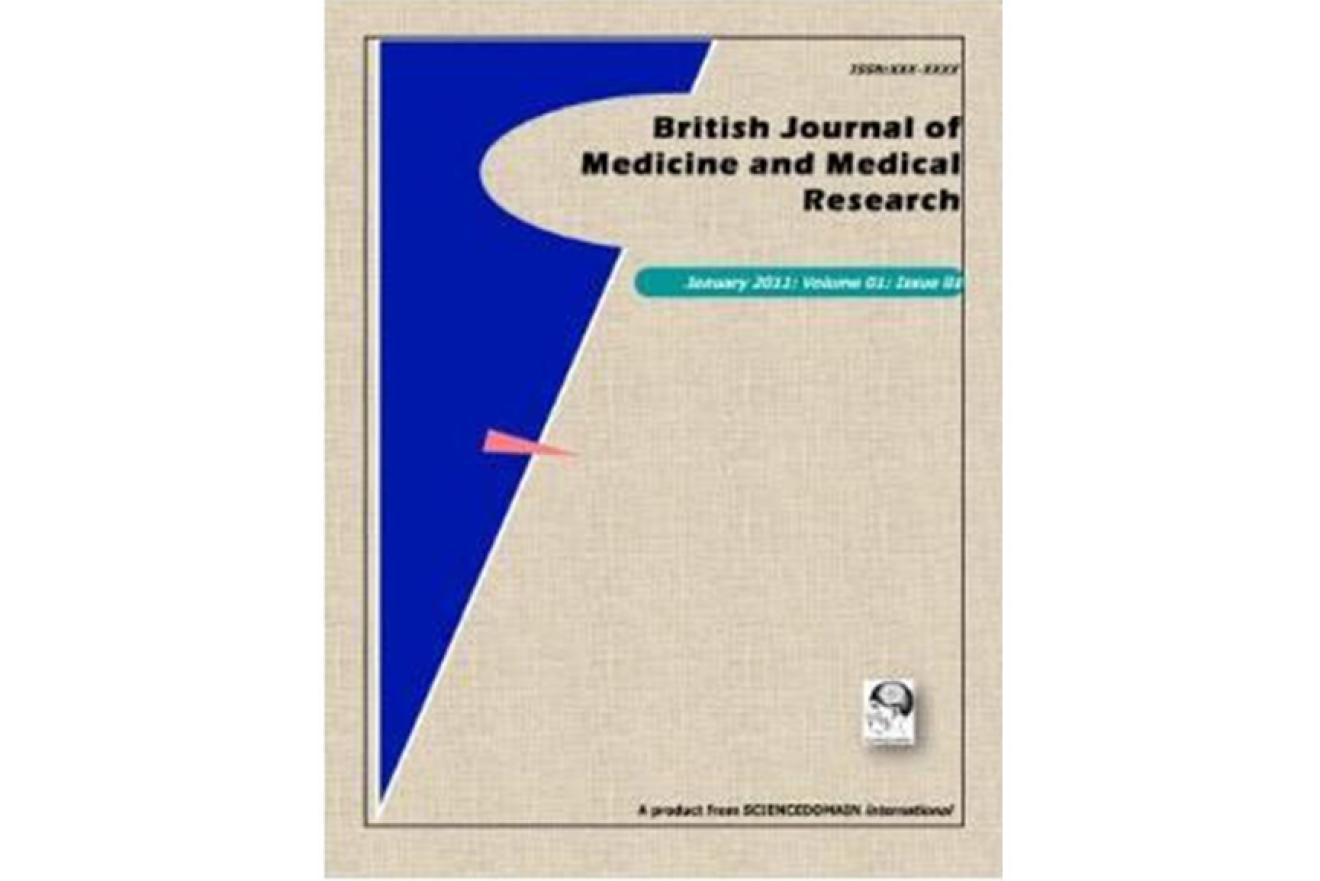Atosiban– Its Impact on Uterine Activity in Preterm Labour

Abstract
Aims: To study the effect of Atosiban on Uterine activity using tocodynamometer and to evaluate the extent to which the delivery was delayed with the administration of oxytocin receptor antagonist.
Study Design: Open label, prospective, non-comparative study.
Place and Duration of Study: The study was conducted at a tertiary care centre, Lokmanya Tilak Municipal Medical College and Hospital, Sion, Mumbai, India over a period of 1 year.
Methodology: A total of 60 women with established preterm labour were enrolled in the clinical study. The enrolled patients were administered Atosiban - an oxytocin receptor antagonist, as a 48 hours infusion with concomitant administration of corticosteroids. The frequency, amplitude and duration of uterine activity were recorded on admission, at 24 hours and after completion of the treatment. The efficacy of Atosiban along with maternal and fetal safety was evaluated.
Results: Atosiban administration successfully delayed the preterm labour by 48 hours and beyond in 86.7% of the patients. The frequency, amplitude, duration and mean uterine activity reduced significantly (p<0.05) at the end of 48 hours.
Conclusion: It can be concluded that Atosiban is an efficacious tocolytic agent with minimal to no adverse effects hence it is recommended as the drug of choice for preterm labour in delaying imminent preterm birth.
Shaikh S, Mayekar R, Bhosale A, Nandanwar Y, Dewan B. Atosiban–Its Impact on Uterine Activity in Preterm Labour. British Journal of Medicine and Medical Research. 2016;18(2)5:1-8.


